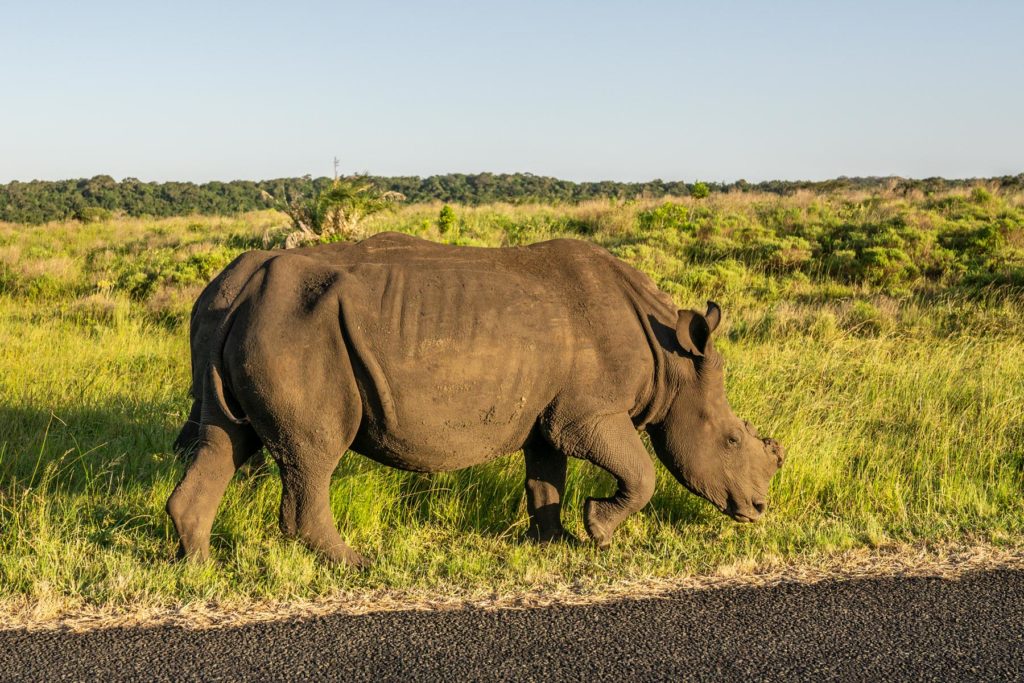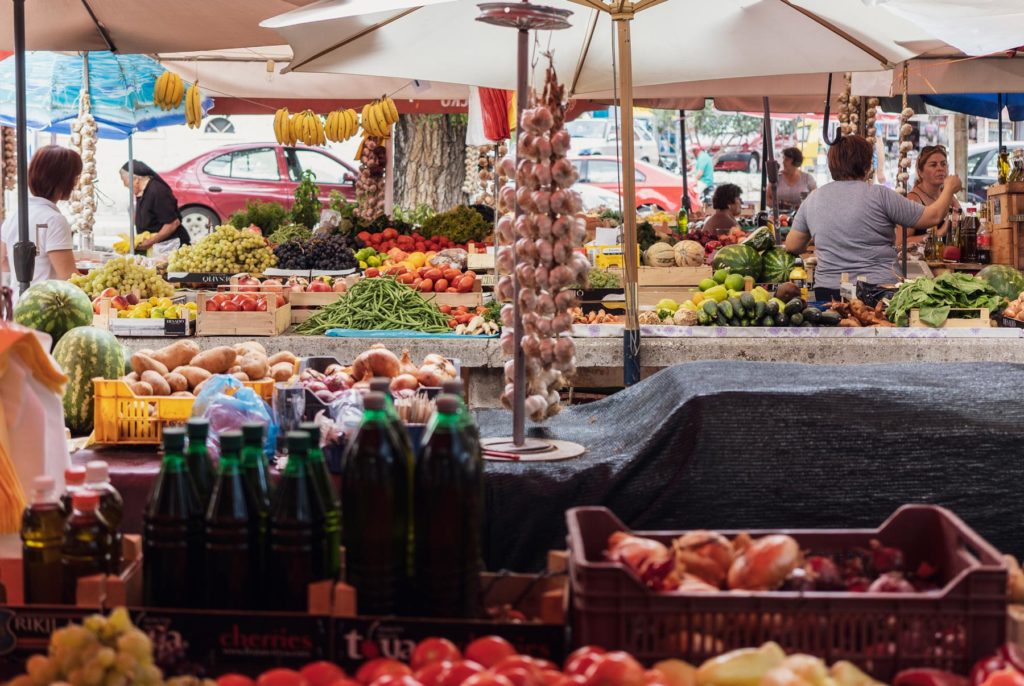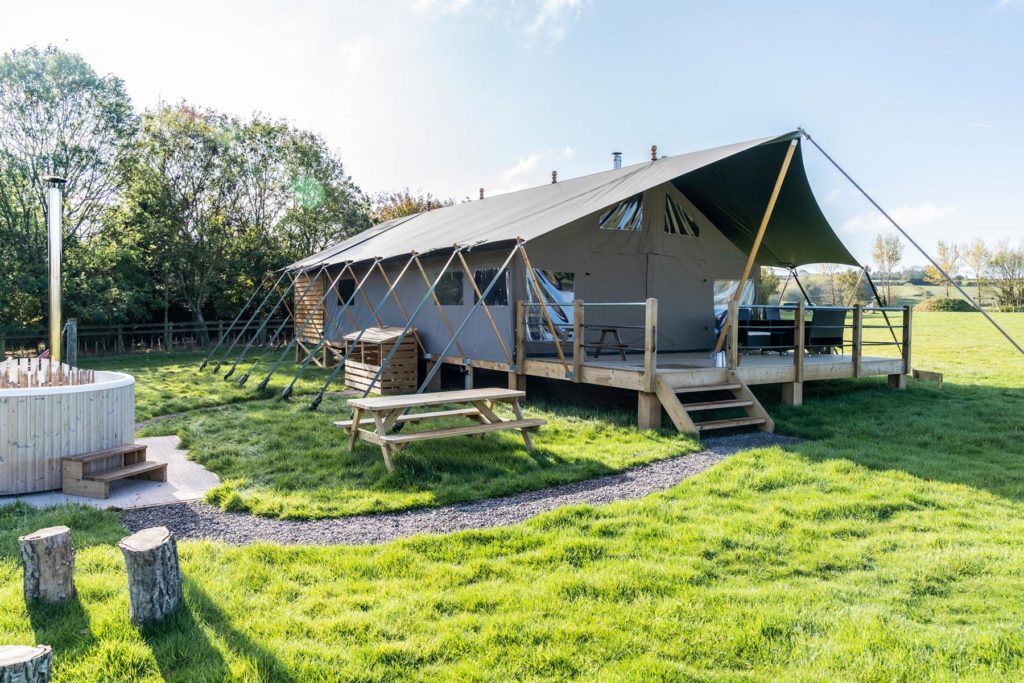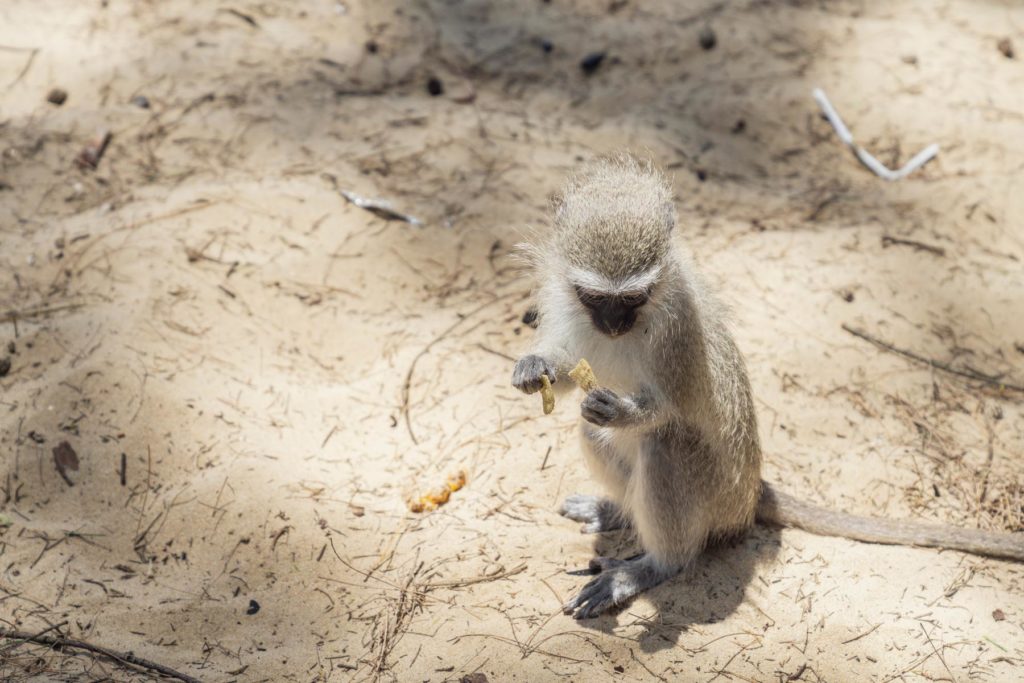
Sustainable Tourism. How can we as visitors be more sustainable when travelling?
Our next event “Rethinking tourism: How can we make traveling more sustainable?” is just around the corner. Before we get to hear what our panel of speakers has to say on the topic we’ve looked at some things that we as travelers can do to lighten our own impact when we explore.
Our suggestions have been broken down according to the “three re’s” of waste management, i.e. reduce, reuse and recycle. To this we’ve added a few “re’s” of our own; namely refuse, research and review.
1. Reduce
– Distance
Reduce the amount of kilometers you travel. This allows you to take better means of transport–like a train or bus. Better jet, consider a local destination. Perhaps there are routes you could complete with a bicycle. A cycling trip through the countryside could be just as exciting as trekking to the next hip city. Germany has plenty of lovely routes specifically built for cyclists.
– Amount of trips
Instead of hopping from one city to the next, consider staying in one place for longer, and exploring it on foot or by bicycle. Ticking places off a “list” is not a sustainable way to travel. Instead of three short weekend trips, take one week-long trip. Choose destinations where you can stay for longer and truly connect with the culture and environment. Learn to be present where you are.
– Toiletries
By now we are all surely considering the environment when we buy toiletries. Many contain chemicals that are harmful to natural habitats, especially when we travel to places where we are in close contact with nature. Avoid buying “travel-size” items and rather use reusable containers that you can refill. Use a reusable see-through zipper bag for air-port security if you can’t avoid flying.
– Your footprint
Tourism can be a wonderful source of income for communities and environments. It can often also be devastating. Contemplate which areas may be over saturated with tourists and choose alternatives that are not as overloaded. Many environmental programs depend on tourism as a source of income however so do some research and support projects that do good work. Always be mindful about your water usage. Shower instead of bath and make sure the taps are closed properly. Turn the lights off when you leave the room.

Choose eco-friendly tourist activities – Image: Barbara Cilliers
2. Reuse
– Clothes
Be smart about what you wear. Wear items more than once or twice. Wash your clothes in the shower and let it dry overnight rather than using the hotel laundry service.
– Food and drink
Always travel with a water bottle that you can refill. Add a travel container to your day bag and if you cannot finish your meal, take it with you for a snack later.
– Resources
Return leaflets, pamphlets and maps so that other travelers may use it. Don’t use towels you do not need. Travel with a small tote bag for grocery shopping.
3. Recycle
– Trash
Ask your hotel or accommodation about their recycling policy. If they do not already have one in place, offer a suggestion and make it explicit that it is important to you.
– Souvenirs
Support local craftsmen that use recycled or regionally sourced materials. Curio shops often sell cheap imports from China. Ask locals where you can find quality objects made locally and support neighbourhood shops and markets with products that are not imported.

Support local markets and craftspeople – Image: Barbara Cilliers
4. Research
– Accommodation
Look for hotels with an environmental policy. Watch out for greenwashing and look for companies with reputable accreditation from institutions like World Wildlife Fund, the Nature Conservancy or the Rainforest Alliance.
– Attractions
Ask locals about attractions, activities or environmental projects that you can support that are focused around the neighbourhood or the environment.
– Products & produce
Look for neighbourhood markets with local food and produce and support restaurants and eateries with native dishes and ingredients sourced from producers in the surrounding area. Some destinations are famous for questionable cuisine and cruel customs and if you are not vegan or vegetarian it may be better to assume a plant based diet during your holiday in order to avoid brutal practices you may be unaware of.

5. Refuse
– Products or attractions
Never ever buy products made from animals when you travel. Do not support attractions where animals are used for entertainment and never ever feed or pet wild animals.
– Plastic and disposables
If there are only plastic options, like straws and plastic cups, do not accept or use it. Ask for alternatives and be vocal about your disapproval of these items. Remember to be kind though. Teaching is far more effective than judging.
– Smuggling
Never ever sneak alien plant species in your bag. Certain genera can cause havoc when introduced to foreign habitats, spreading diseases or introducing intruders unfamiliar and dangerous to native flora.

6. Review
– The experience
Share your experience with fellow travelers. Voice your opinion when companies have questionable practices and reward positive environmental operations with good reviews.
– Yourself
Consider your previous holiday. Replay your actions and try to think of improvements you can implement on your next one. Even the smallest changes and actions can lead to positive outcomes.
– Your knowledge
Be a curious traveler. Do research, ask questions and inform yourself about the customs of your destinations. Choose wisely where you spend your money.
We’d love to hear from you. Which actions have you implemented when traveling? Which tips and resources can you share with us? Do leave your comments below.
Further reading:
https://www.worldanimalprotection.org/sites/default/files/int_files/pdfs/checking_out_of_cruelty.pdf
- Event Recap – Feeding Berlin #3: The True Cost of Food - October 16, 2019
- Sustainable Tourism. How can we as visitors be more sustainable when travelling. - August 31, 2019
- Screening of The Ghost Fleet plus Q&A with the director - July 18, 2019
